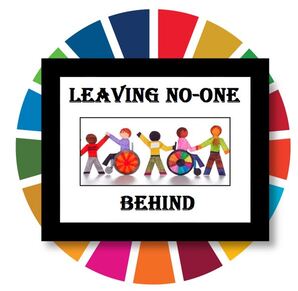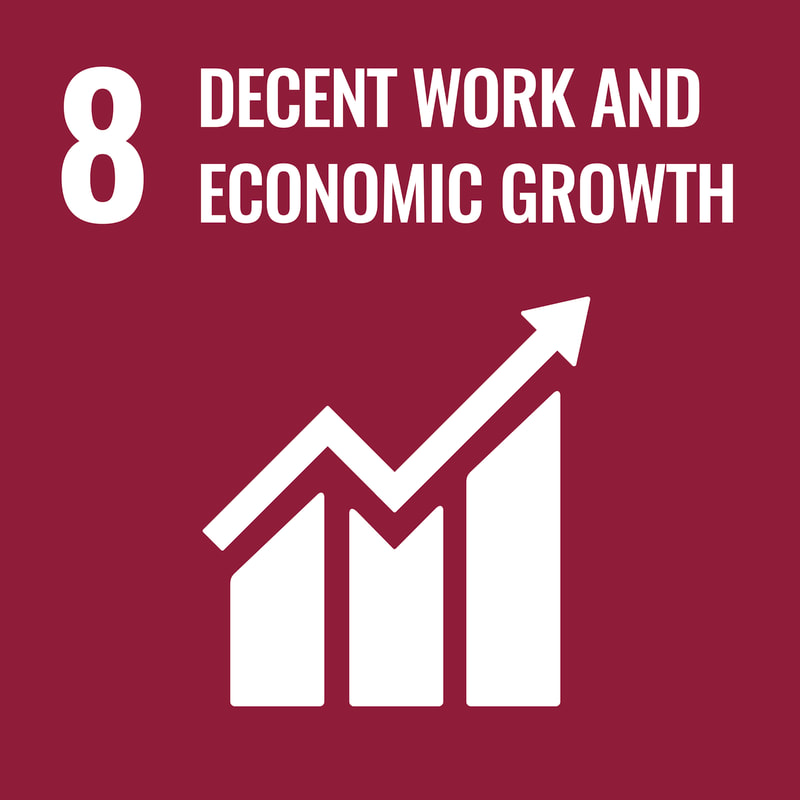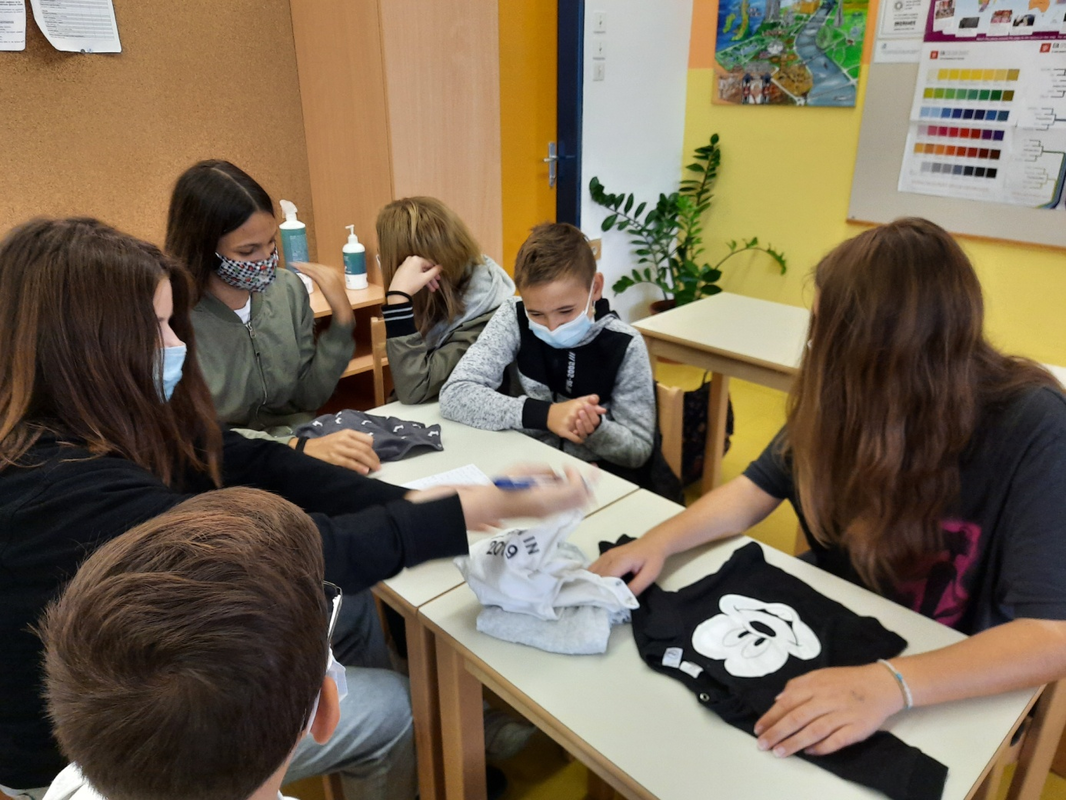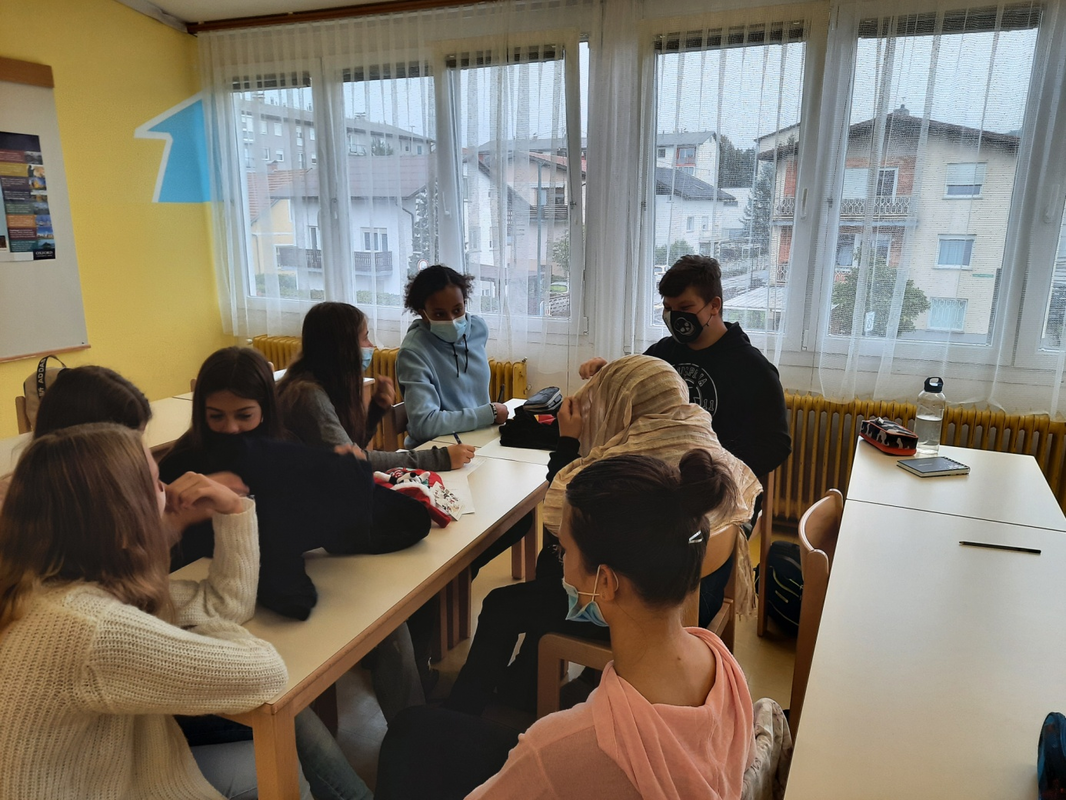Big Idea:
Whenever we want to change our wardrobe, we have to think about it ... if we buy new clothes, are we actually helping farmers/producers or not?
Almost all of fast fashion is produced in an unsustainable way, by polluting the land and rivers with chemicals, inhumane working conditions - very far from decent work and meagre payments.
Students need to become critical and informed consumers, who will no longer tolerate or support the exploitation of farmers/workers in the Global South just to find some very cheap T-shirt or other type of clothes.
Students should be active for decent work, both locally and globally.
Almost all of fast fashion is produced in an unsustainable way, by polluting the land and rivers with chemicals, inhumane working conditions - very far from decent work and meagre payments.
Students need to become critical and informed consumers, who will no longer tolerate or support the exploitation of farmers/workers in the Global South just to find some very cheap T-shirt or other type of clothes.
Students should be active for decent work, both locally and globally.
Type of Activity:
This is a lesson aimed at learning about the situation of workers, wages and the challenge of decent work. If products from the Global South, sold in our supermarkets, are really cheap, then workers there have no decent work, as they work in bad and harmful-to-health conditions , sometimes with children who are forced to do the work of the grown-ups.
Who is it for?
Ages 11 to 18.
What do I need?
|
Objects made/grown in the Global South (t-shirts, bananas, etc), sheets of paper, computer with connection to the internet, YouTube videos, presentation - Change Your Wardrobe.
|
| ||||||
How long does it take?
1 x 45 minutes.
Introduction
This lesson is designed to bring students to the method of critical thinking and critical media literacy, given the prevailing need to often change clothes and to buy them very cheap.
The nature of the lesson requires questions, such as where you think these t-shirts come from, what the cycle from growing cotton to the purchase of t-shirts looks like, how the colours on t-shirts are produced, where these products of fast fashion end up (perhaps being dumped in the desert or in the sea, etc).
The nature of the lesson requires questions, such as where you think these t-shirts come from, what the cycle from growing cotton to the purchase of t-shirts looks like, how the colours on t-shirts are produced, where these products of fast fashion end up (perhaps being dumped in the desert or in the sea, etc).
What next
As a class, decide what kind of clothes you would like to buy and wear in future. The advertisements and comparisons with other peers will probably challenge your intentions to buy less, buy from some second-hand shops or buy organic clothes, where prices are a little higher but where workers, especially female ones, from the Global South at least have some decent work and decent payment.
Compare and do the same also for the food you buy, whether you buy conventionally-grown bananas for less than 1 EUR or organic bananas which you usually buy in Slovenia for around 2 EUR per kg? Note that, if prices are higher and products are grown and produced naturally, then the land is taken care of, rivers are not polluted and farmers in the Global South can earn better income which will enable them to have their decent work.
Compare and do the same also for the food you buy, whether you buy conventionally-grown bananas for less than 1 EUR or organic bananas which you usually buy in Slovenia for around 2 EUR per kg? Note that, if prices are higher and products are grown and produced naturally, then the land is taken care of, rivers are not polluted and farmers in the Global South can earn better income which will enable them to have their decent work.
Finally
When it is time to change your wardrobe with new stuff, teachers should remind their students of the importance of sustainable consumption, as it is the only way which will allow the owners of plantations, where cotton is grown, to enable their farmers or workers to pay them a decent salary for their decent work.
Students can reflect on their consumption attitudes and try to change them in accordance with the principles of sustainability. Can they organise a clothes swap shop, exchanging what they no longer need for something they would like to wear? Students could customise pre-worn clothing using tie-dye, adding buttons or altering to extend the life of the garment.
They can periodically review other habits, in order to find out whether their lifestyle supports someone else's decent work and decent payment in the Global South. Students can assess their learning by themselves, by reporting the next time where and what kind of clothes they have bought.
Teachers can then collect information from the whole class and evaluate whether students have changed their wardrobe in a sustainable way (or maybe felt no need to change it at all!).
Students can reflect on their consumption attitudes and try to change them in accordance with the principles of sustainability. Can they organise a clothes swap shop, exchanging what they no longer need for something they would like to wear? Students could customise pre-worn clothing using tie-dye, adding buttons or altering to extend the life of the garment.
They can periodically review other habits, in order to find out whether their lifestyle supports someone else's decent work and decent payment in the Global South. Students can assess their learning by themselves, by reporting the next time where and what kind of clothes they have bought.
Teachers can then collect information from the whole class and evaluate whether students have changed their wardrobe in a sustainable way (or maybe felt no need to change it at all!).
Find out more
Labour Behind the Label - labourbehindthelabel.org/
Fashion Checker: Are the people who make your clothes paid enough to live on? - fashionchecker.org/
10 ways Fairtrade helps advance the UN Sustainable Development Goals - www.fairtrade.org.uk/media-centre/blog/10-ways-fairtrade-helps-advance-the-un-sustainable-development-goals/
Fashion Checker: Are the people who make your clothes paid enough to live on? - fashionchecker.org/
10 ways Fairtrade helps advance the UN Sustainable Development Goals - www.fairtrade.org.uk/media-centre/blog/10-ways-fairtrade-helps-advance-the-un-sustainable-development-goals/






